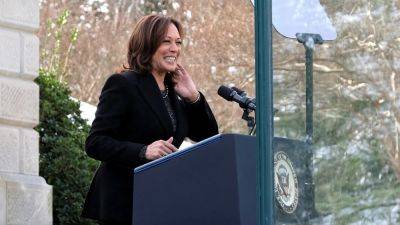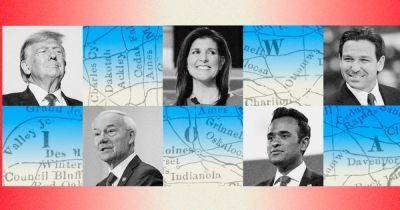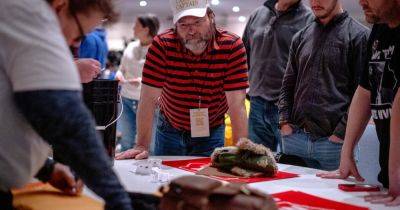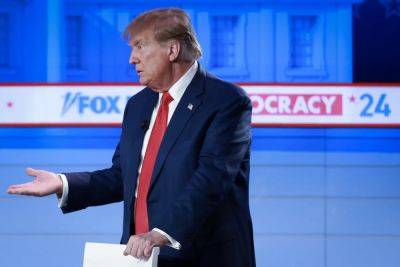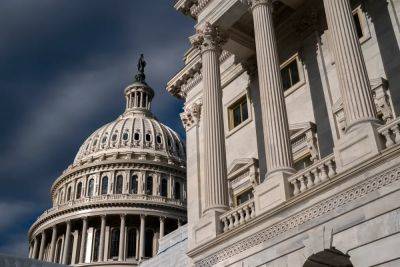What are the Iowa caucuses and how will they shape the 2024 US election?
The 2024 US presidential election begins in earnest in Iowa on Monday, as Republicans in the midwestern state stage their caucuses, events through which their preferred nominee is selected. The process is hallowed but arcane. Here’s an attempt to explain.
Merriam-Webster, “America’s Most Trusted Dictionary”, defines a caucus thus: “A closed meeting of a group of persons belonging to the same political party or faction usually to select candidates or to decide on policy.”
David Yepsen, a doyen of Iowa political journalism, boils it down: “A caucus – it’s a neighbourhood meeting.”
And as Tom Beaumont of the Associated Press explains, more than 1,600 such meetings will take place on Monday, “one for every precinct in the state”.
Either which way, it’s not a primary, the straight-vote contest held by most states, starting in New Hampshire next week.
In Iowa, Republican and Democratic caucuses work differently. Now, after chaos and confusion in 2020, Democrats have made changes: they will meet on caucus day and conduct political business, but their choice for president will be made by mail and announced later.
Republicans are going ahead as usual. That means participants (registered Republicans only) will gather in each precinct at 7pm local time (8pm ET) on Monday evening, there to conduct party business, hear speakers and vote.
Here’s Beaumont again: “People sit together, some people stand up and speak on behalf of the candidates, and when that process is finished, people vote … on a secret ballot” – which is usually a simple blank slip of paper on which the voter writes the name of their chosen contender.
In terms of the presidential race, most votes “wins” Iowa. In practice, delegates to a state convention are awarded on a


